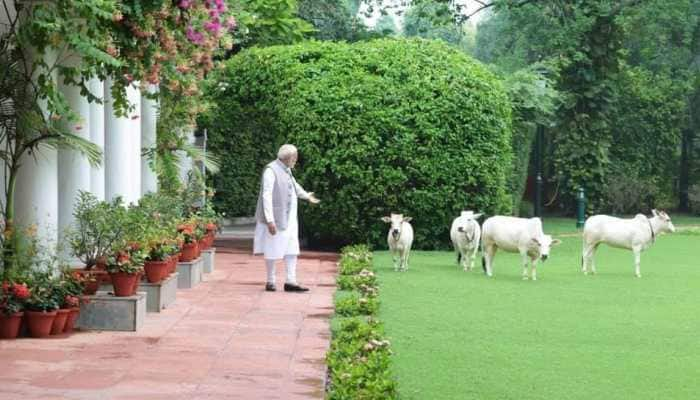Pak SC uses Indian cases, Constitution in a judgement that slams Pak Army, ISI
The sit-in saw massive anti-blasphemy protests by little-known group Tehreek-e-Labaik Pakistan which was later resolved by the powerful Pakistani army.
Trending Photos
) Image Courtesy: Reuters
Image Courtesy: Reuters NEW DELHI: The Pakistani Supreme Court (SC) among other thing used Indian constitution and Indian cases to come out with a judgement that criticised the Pakistani army and the country's notorious spy agency Inter-Services Intelligence (ISI) while hearing a case related to the Islamabad-Rawalpindi sit-in of 2017.
The sit-in saw massive anti-blasphemy protests by little-known group Tehreek-e-Labaik Pakistan which was later resolved by the powerful Pakistani army but led to the resignation of then Pakistan Law Minister.
The court in its judgement while elaborating "Right to Assemble Peacefully" said "the rights to free movement, peaceful assembly and freedom of speech and expression (respectively Articles 15, 16 and 19 of the Constitution) are provided in Article 19 of the Indian Constitution" but in "India too such rights are not absolute."
The Pakistan SC also used 2 other Indian cases in its judgment.
It used Indian Supreme Court's judgement in Bimal Gurun v Union of India case which said, "Demonstrations whether political, religious or social or other demonstrations which create public disturbances or operate as nuisances, or create or manifestly threaten some tangible public or private mischief, are not covered by protection under Article 19(1)"
The other case Pakistan's supreme court used was "Re Ramlila Maidan Incident case" in which the Indian supreme court observed, "To maintain and preserve public peace, and public order is unequivocal duty of the State and its organs… There can be no social order or proper State governance without the State performing this function and duty in all its spheres."
The Pakistani SC also used history to elaborate "The right to protest" saying the Muslim League and the Congress protested peacefully and " as a consequence of which two independent countries, Pakistan and India, emerged".
The Pakistani top court in its judgement asked intelligence agencies not to exceed mandate while told Pak army to not engage in political activity since Pakistani "Constitution emphatically prohibits".
Live Tv







)
)
)
)
)
)
)
)
)
)
